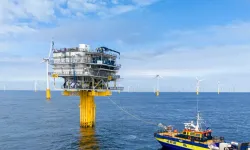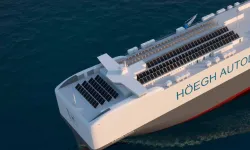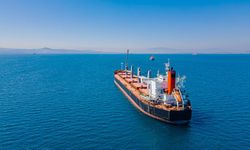Over the past month, Hapag-Lloyd (XE:HLAG) and A.P. Moeller-Maersk (DK:MAERSK.B) had seen their stock prices rise by approximately 50% and 30%, respectively. This surge was attributed to carriers avoiding the Red Sea and the Suez Canal due to perceived dangers, resulting in a doubling of shipping rates between Asia and Europe during the same period.
The Houthi rebels had been targeting ships in the region using various means, including drones, missiles, helicopters, and boats, in protest of Israel's invasion of Gaza following the Hamas attack on October 7th.
However, a report by Shippingwatch on Monday suggested that carriers were entering agreements with the Houthi to prevent attacks. This development raised hopes of easing tensions, potentially prompting shipping companies to resume Red Sea transit and consequently reducing the recent spike in shipping rates.
On Monday, shares of Hapag-Lloyd fell by 7%, and A.P. Moeller-Maersk stock dropped by 4.3%. These declines were partially reversed after Shippingwatch clarified that the largest container carriers had not entered agreements with the Houthis, a statement corroborated by denials from Hapag-Lloyd and Maersk, according to Bloomberg.
MarketWatch has sought comments from Hapag-Lloyd and Maersk, and ShippingWatch has also contacted Cosco (CN:601919) and CMA CGM for their responses.
As the conflict persists, the number of ships traversing the Suez Canal over the past weekend reached its lowest point since the canal was blocked by the Ever Given container ship in 2021, as reported by Bloomberg. Meanwhile, markets are closely monitoring whether the extended journeys around South Africa's Cape of Good Hope and higher shipping rates will once again trigger supply-disruption inflation, reminiscent of the challenges seen during the COVID-19 pandemic.






